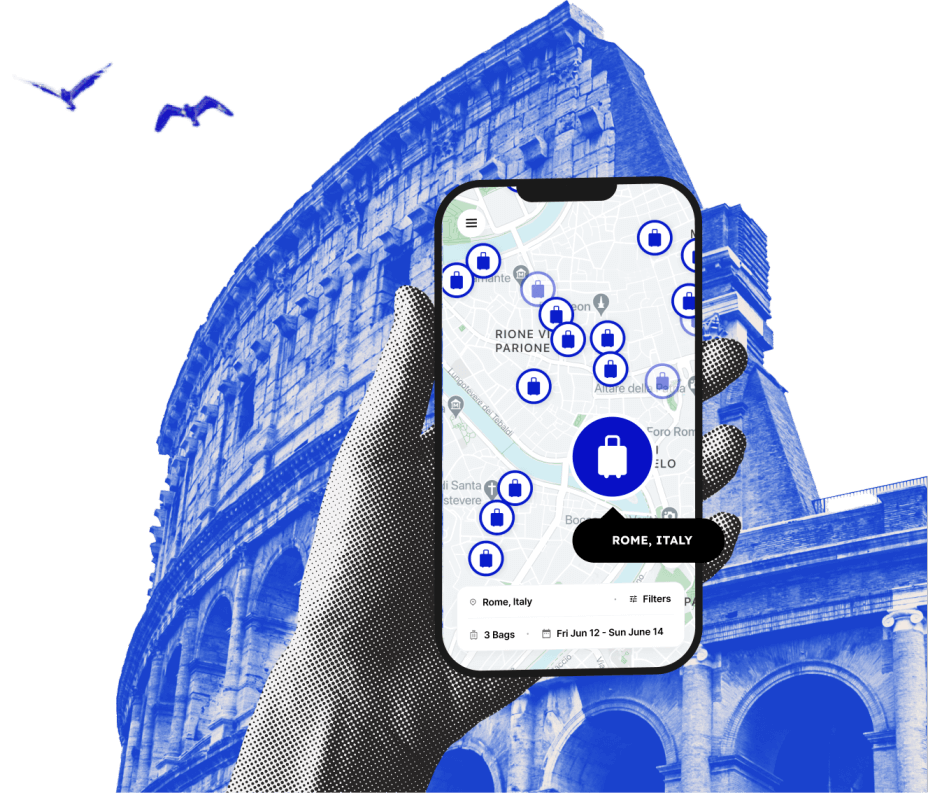Is Tokyo safe to visit? A comprehensive safety guide
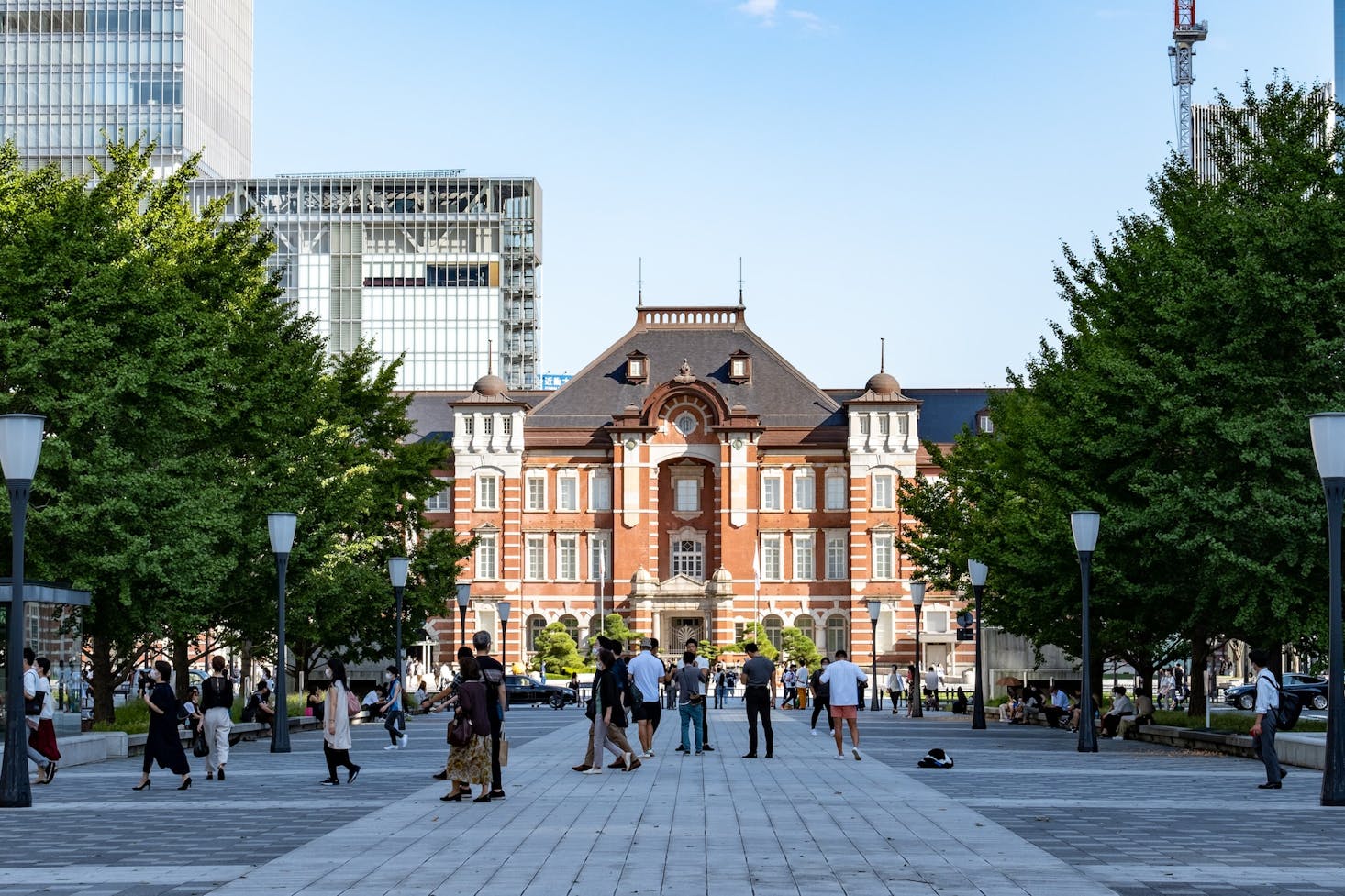
Tokyo is filled with skyscrapers, bright lights, and multi-floor arcades. It is the most densely populated city in Japan and one of the biggest metropolitan areas in the entire world. Approximately 37.4 million live in Tokyo, making it an interesting megacity destination.
Tokyo is an understandably busy place. With so many people living here, is Tokyo safe to visit and spend time exploring places like the Tokyo Skytree and Shinjuku Gyoen National Garden? The simple answer is yes. In fact, in November 2022, Japan had 934, 500 International visitors, with many of them passing through Tokyo.
Tourism does wane a bit during typhoon season, June through November, but not so significantly that the city sees a huge lull in tourist activity. Safety measures when visiting should include keeping an eye on the weather and listening to advisories as they are issued regarding a possible natural disaster.
When you do visit Tokyo, ensure your valuables are kept safe when you're out and about exploring this incredible city. Use the Tokyo Bounce luggage storage platform to stow your stuff and walk about with ease.

Love discounts and traveling?
Sign up for our newsletter and get 10% off your next booking.
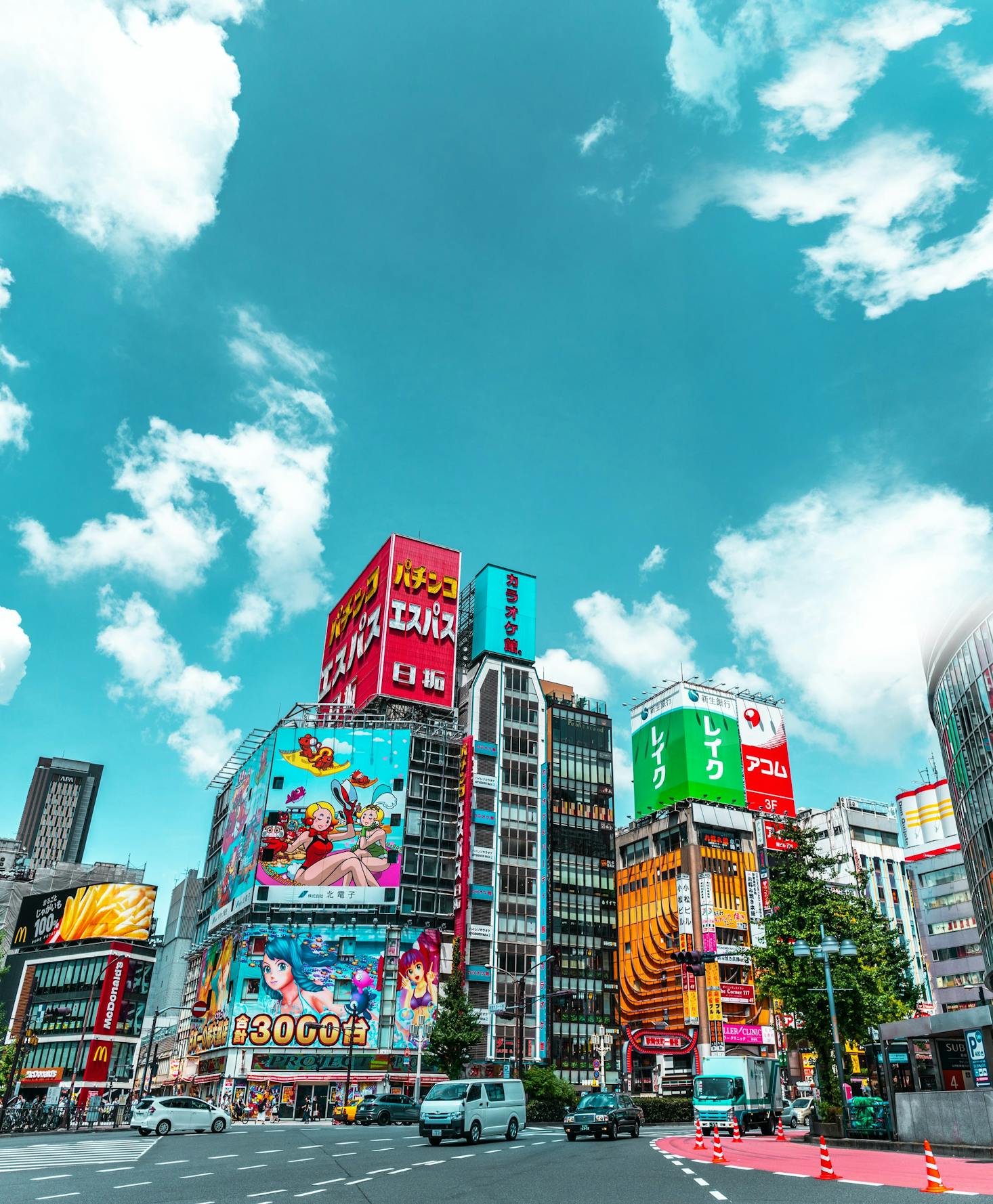
Is Tokyo safe to visit right now?
Even though Tokyo is a hugely populated place, it is a relatively safe city to travel to and learn more about Japanese culture. Presently, the Global Peace Index of Japan is 12, and savvy travelers will be able to easily enjoy their trip while avoiding petty thieves or other street crimes.
Before you plan your trip to Tokyo, check with your government’s official travel guidelines and follow any recommendations listed. You'll also want to view the extended forecast for Tokyo and be aware of any possible storms, the extended forecast will also give you an idea of the seasonal clothing you'll need to pack.
No safety guide is perfect and it's best to research various aspects of Tokyo safety as you get ready for your trip. Experienced traveler or not, being in the know of an unfamiliar city is always a good thing.
Top petty crimes and scams in Tokyo affecting tourists
While Tokyo is one of the safest cities in the world, it is not crime-free, and therefore knowing some of the petty crimes that you might encounter when visiting is an excellent way to keep yourself safe.
Petty theft
Whether pickpocketing, purse snatching, or shoplifting, petty theft occurs in this massive city. When you're out in a crowd or riding public transport keep your wallet or handbag close and if you happen to have any shopping bags, keep those in front of you to discourage hands from sneaking inside. Finished shopping and want to see a few sites? Store your items with Bounce and pick them up before heading back to your accommodation.
Credit card fraud is another petty theft that you'll want to report not just to your credit card company but also to the Japanese police. Bicycle theft is on the rise, but if you're not cycling your way through the city you'll not have any safety concerns.
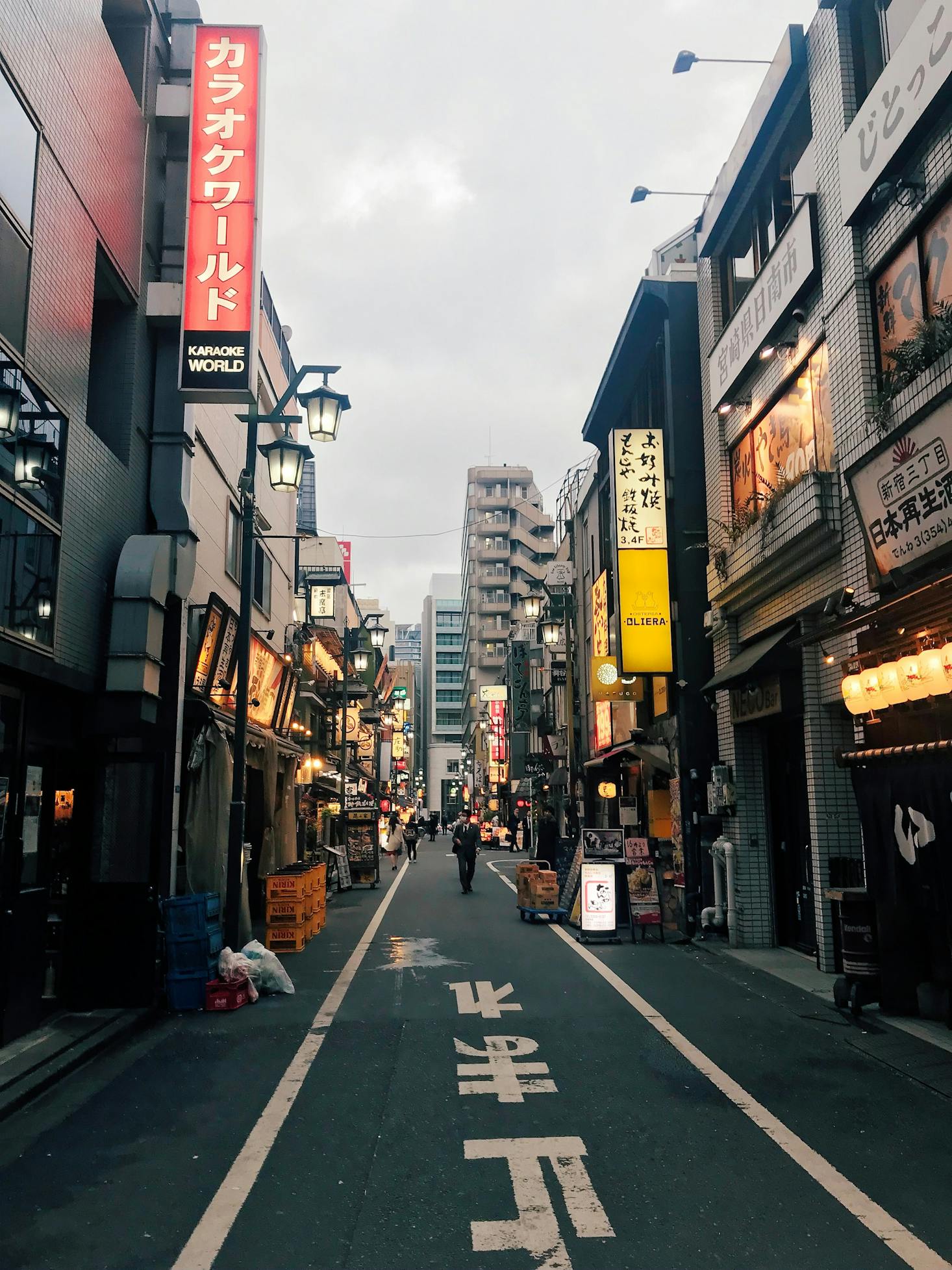
Is Tokyo safe to travel alone
For solo female travelers, Tokyo is safe, but keep in mind that gender equality in Japan is relatively low. The Bounce Women Travel Safety Index has given Japan a rating of 10 on the list of travel-safe countries for solo women travelers.
The rail system in Tokyo even has women-only carriages during rush hour. When traveling alone, trust your instincts and if something seems sketchy or shady, walk away and avoid the situation. There are plenty of districts or neighborhoods that are very safe and tranquil for you to explore, even at night.
Safest neighborhoods in Tokyo
When deciding which of the Tokyo neighborhoods you're going to stay in during your visit you can never be too cautious while doing your research.
Asakusa
For the budget-conscientious traveler, Asakusa is the place to go. It is one of the cheaper neighborhoods in Tokyo. The area has an old-world vibe and is more out of the way from the busyness of the city center. In general, this neighborhood is relaxed and filled with wonderful shops selling traditional handicrafts. Public transport keeps you connected to the hustle and bustle of Tokyo.
Shibuya
While Shibuya is not a super busy neighborhood, it is a popular place to stay. Day or night, there is always something to see and explore. You'll not be bored when you decide to stay here. Filled with tons of trendy cafes and bars, and hip shops, spend time hanging with the locals and getting a feel for the city outside of the craziness of the city center. Don't miss Shibuya Crossing, the world's busiest and most hectic pedestrian crossing area.
Shinjuku
Being a well-known neighborhood, Shinjuku is a favorite among tourists and locals. Located in central Tokyo, this is one of the more happening areas that are safe to explore. Skyscrapers create a brilliant skyline and neon lights on the streets produce a vibrant backdrop as you stroll along and check out the sights.
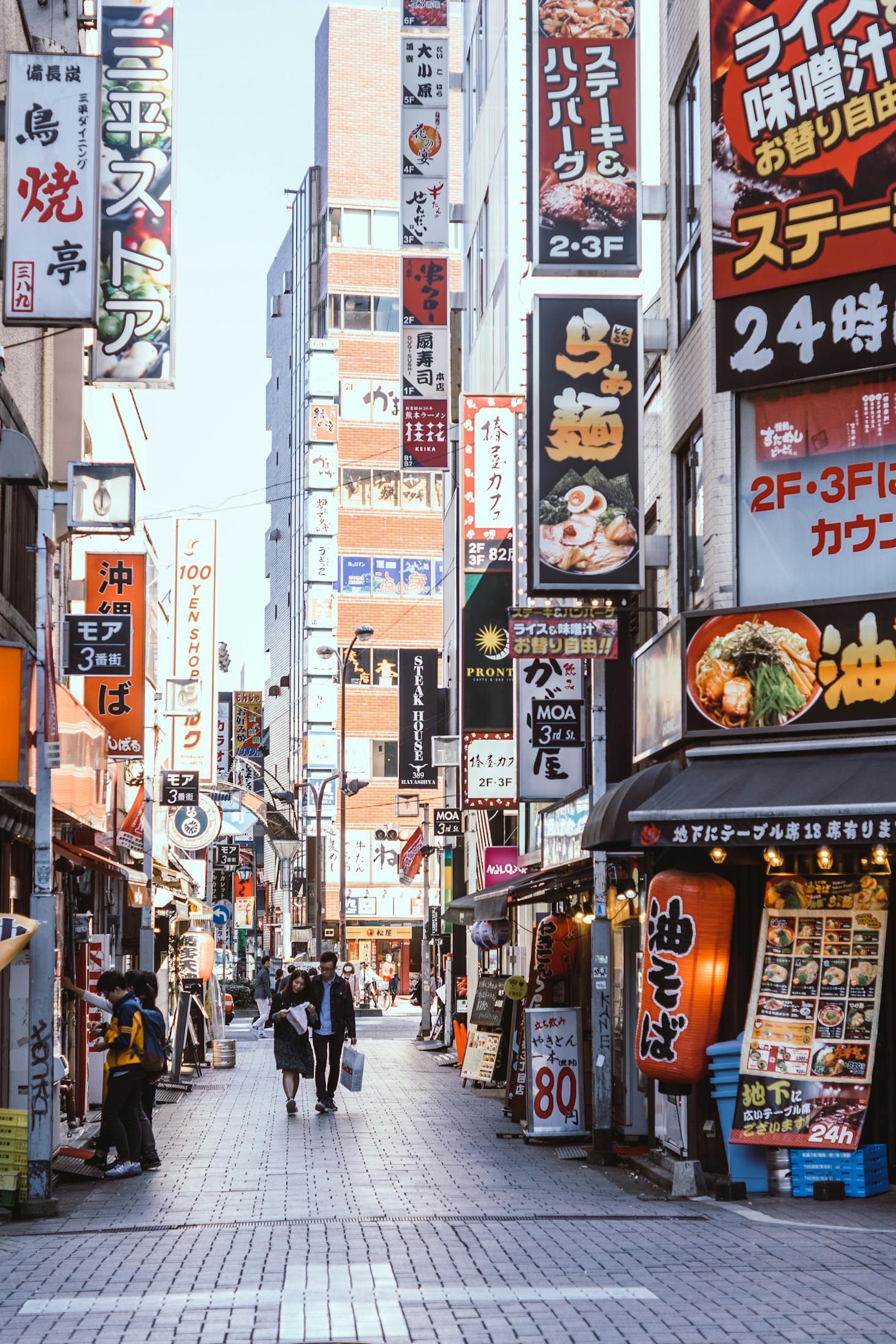
Is Tokyo public transportation safe?
While Uber is a safe mode of transportation, it is actually more expensive than taking a taxi or riding the train. With Uber in Tokyo, you can track your journey and will know the license plate of the car picking you up. You also pay in-app so you don't have to carry cash.
Taxis are definitely safe in Tokyo and are super clean with some taxi drivers even wearing peaked caps and white gloves. If you need to hail a taxi, you'll find plenty of taxis near taxi stands located near some tourist sights, shopping malls, and larger train stations.
Using an app such as Line Taxi or Japan Taxi is another way to get a taxi. Licensed cabs have green number plates and car signs. If the sign is green, that means there is someone in the taxi. Taxis can be expensive, but not as expensive as an Uber.
Public transport is also very safe. There are ten different railway companies operating more than 60 lines and things can get a bit confusing if you're unsure of how things work. Google Maps will become your best friend when trying to figure out the system. It will show you the cheapest or fastest route available.
When using the train in Tokyo you'll want to get an IC card. There are two different IC cards: Pasmo or Suica and either one can be bought at a ticket machine. A station attendant will help you if you're not sure which one you need.
Buses are available as well but if you're in a hurry, the train is much quicker. Buses are not generally used by tourists simply because they are a little confusing. Have your IC card ready and get on at the front of the bus so you can tap your card.
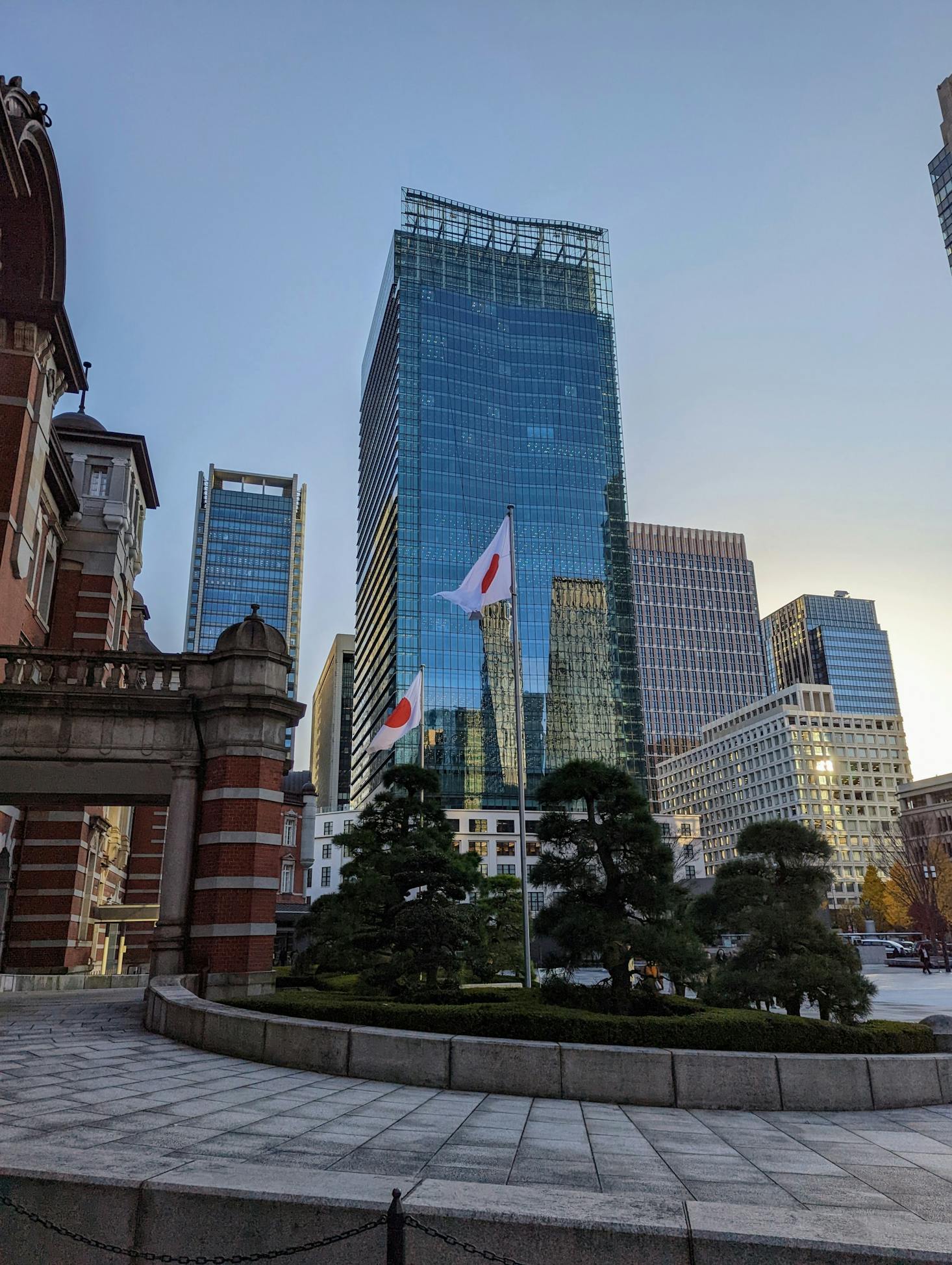
Important emergency numbers in Tokyo
When you a planning a trip to Tokyo, there are some important safety and emergency numbers you'll want to have handy, whether in your phone, with your passport, or kept with your cash or card. Other important information you should keep with your important papers or on your phone is the address and phone number of your country’s embassy.
- Japan’s International Access Code: 010
- Japan’s Country Code: 81
- Tokyo Area Code: 3
- Tokyo Police: 110
- Tokyo Medical Emergency/Ambulance: 119
- Tokyo Fire Department: 119
Staying safe in Tokyo
Japan's capital city is a fabulous place to visit and safety concerns are low. Whether visiting Tokyo for business or pleasure, you'll find that by following safety tips, using common sense, and staying aware of your surroundings you'll be just fine.
From female tourists to families looking for their next adventure, Tokyo is a wonderful destination. Japan is a safe country with little risk for visitors. See exceptional sights like the Nezu Museum and shop to your heart's content at Isetan. Plenty of fun awaits in Tokyo, so don't miss a thing.

Love discounts and traveling?
Sign up for our newsletter and get 10% off your next booking.
